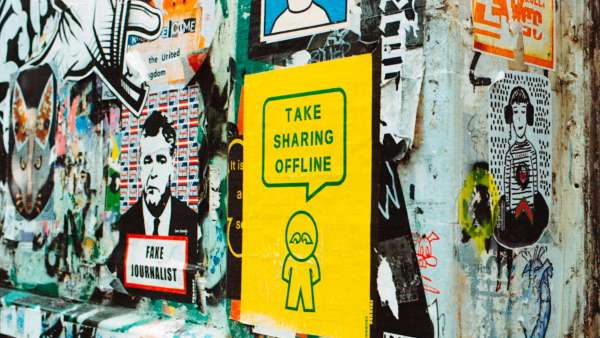Subscriber Identity Module. That’s what “SIM” stands for. I acquired my first SIM when I was 17 at a T-Mobile outside Chicago when I got my first cell phone, the Nokia 1110, the best-selling phone of all-time.
A few years later I was working in Chicago and almost everyone in the office had an iPhone. But a few people had Android phones. Their phones did so much my dumb phone couldn’t do. Though having grown up in an analog world the idea of the phone doing everything concerned me in that I would grow dependent on it.
Eventually I broke down and purchased a Windows phone called the HTC HD2 because I really liked the big screen and the hardware specs. The folks in the office looked at me like I was crazy for buying a Windows phone, until one day in 2010 when I walked into the office with a rooted Android install on that big screen.
I remember not wanting to use a SIM card any longer and save money and the hassle of paying another bill. I’d figured out how to make free VOIP calls by that time. But I was already hooked on the device and the convenience of instant directions anywhere in the city. Eventually, however, my baser analog instincts drove me to remove my SIM card and save a good deal of money in the process.
Losing the Identity Module
For me getting rid of the SIM was a conscious decision after I caught Telkomsel in Indonesia running MITM attacks to inject ads over HTTP communications and generally just ripping me (and others) off then doing the support run-around.
It’s been more than a year since I’ve used a SIM and my current phone has never had one in it. With a little ingenuity and help from friends living without a SIM card has been rather doable. And it’s one less thing to worry about.
Following are some tips and tricks to get by - even while traveling - to take advantage of an Android phone without a SIM card.
Tips and tricks for living SIM-free
-
Prepare to be offline, often. Because unless you’re connected to a Wi-Fi network or tethered to a Bluetooth hotspot you will be offline. You may even need to stop and ask a human being for directions from time to time. Gasp.
-
Get yourself an offline maps client like OsmAnd+. OsmAnd+ is highly functional with a beautiful interface, ability to create and share tracks and points of interest on the sneakernet and considerably more private than any online mapping service I’ve seen to date. In addition, OsmAnd+ allows you to connect to OpenStreetMap and share your geographic discoveries with others online.
-
Update your financial institutions to use a email as a fraud prevention back-up identifier. JPMorgan Chase allows this, and it’s the only thing which has prevented me from having to continually make international calls from a friends’ phone when I log in from a new computer while living abroad.
-
Use crypton.sh to secure a virtual SIM card and use the telephone number to sign-up for services such as Telegram, TikTok and Bumble. You can pay for your SIM using cryptocurrency as opposed to using a credit card. And when you’re done with it you can simply let it expire.
-
If you’re in Southeast Asia and in need a taxi service, you can ask someone to hail you a Grab or Maxim. I’ve done this numerous times in Kuala Lumpur by kindly asking Coffee shop baristas. The feeling of moving around without your whereabouts being constantly beamed into a database can be quite liberating.
-
Ask to use the telephone. If you’re at a business establishment or a friends’ place, they probably have one. And you can probably use it. Depending where you are some places may also have a business cellphone for WhatsApp, LINE, etc. and those may be used without signing a privacy policy.
-
Finally, relax. The world isn’t going to end if you don’t respond to every message instantly. And your friends and family will come to know you weren’t actually trying to ignore them when you didn’t respond right away.
Even cord-cutters will realize it’s a big adjustment to live without a SIM. But if you’re a minimalist or just don’t see the sense in paying for a SIM when you could rely on Wi-Fi, hotspots or other Internet gateways, the reward can be well worth the effort – especially in The Age of Surveillance Capitalism. And who knows, you may just make some new friends along the way.
